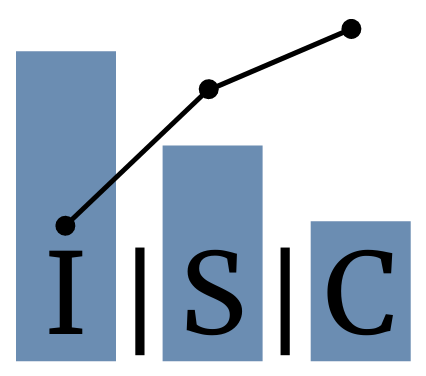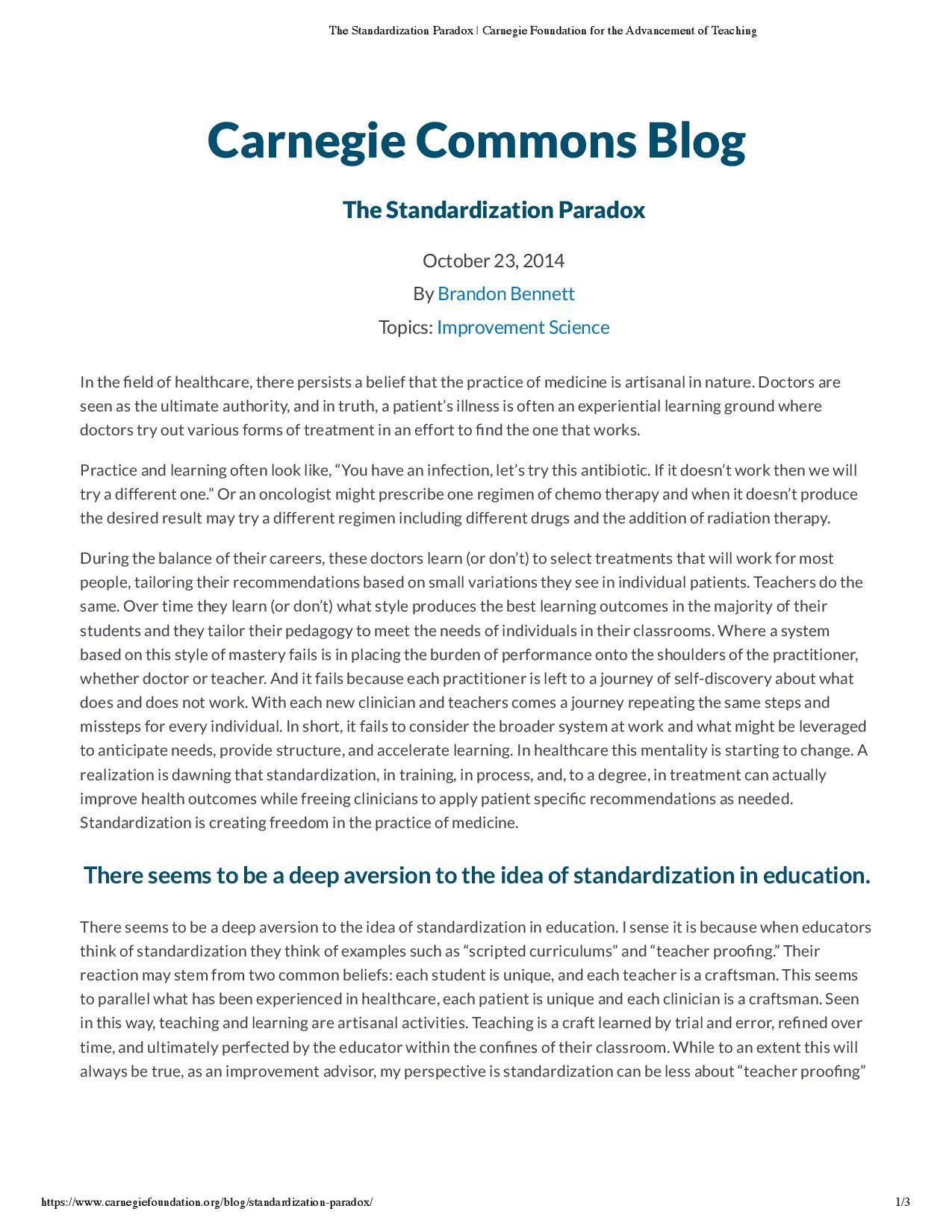The Standardization Paradox
There seems to be a deep aversion to the idea of standardization in education. I sense it is because when educators think of standardization they think of examples such as “scripted curriculums” and “teacher proofing.” Their reaction may stem from two common beliefs: each student is unique, and each teacher is a craftsman…
What can we do more effectively to implement and hold the gains?
Sustaining change in systems is hard. This session focuses on five elements of systems important to address when sustaining redesign efforts is needed.
Creative Thinking to Develop Change
Sometimes finding a solution to our problems requires innovative thinking. Structured creativity techniques can be powerful mechanisms for helping us identify new ideas for changing our systems.
Improving public health information: a data quality intervention in KwaZulu-Natal, South Africa
Objective: To evaluate the effect of an intervention to improve the quality of data used to monitor the prevention of mother-to-child transmission (PMTCT) of the human immunodeficiency virus in South Africa.
Process Improvement Theory and Application
This lecture on process improvement theory and application introduces the PDSA (plan—do—study—act) model and describes its application in healthcare settings.
Challenges for Routine Health System Data Management in a Large Public Programme to Prevent Mother-to-Child HIV Transmission in South Africa
Changes to South Africa’s prevention of mother-to-child transmission of HIV (PMTCT) guidelines have raised hope that the national goal of reducing perinatal HIV transmission rates to less than 5% can be attained. While programmatic efforts to reach this target are underway, obtaining complete and accurate data from clinical sites to track progress presents a major challenge. We assessed the completeness and accuracy of routine PMTCT data submitted to the district health information system (DHIS) in three districts of Kwazulu-Natal province, South Africa.
Strategies for the Scale-Up of Antiretroviral Therapy in South Africa through Health System Optimization
In the face of the massive burden created by human immunodeficiency virus/acquired immunodeficiency syndrome and other infectious diseases, developing nations must find ways to rapidly begin treatment for infected persons. Although infusions of personnel, supplies, and diagnostics would make a major contribution to expanding the capacity to treat these diseases, the lack of these resources creates a long-term challenge, and there is a need for additional approaches to spread effective interventions that can leverage existing resources and the much-needed infusions of new resources. This article describes one such approach—applied in several forms in South Africa—that aims to significantly increase the number of patients receiving antiretroviral therapy.








